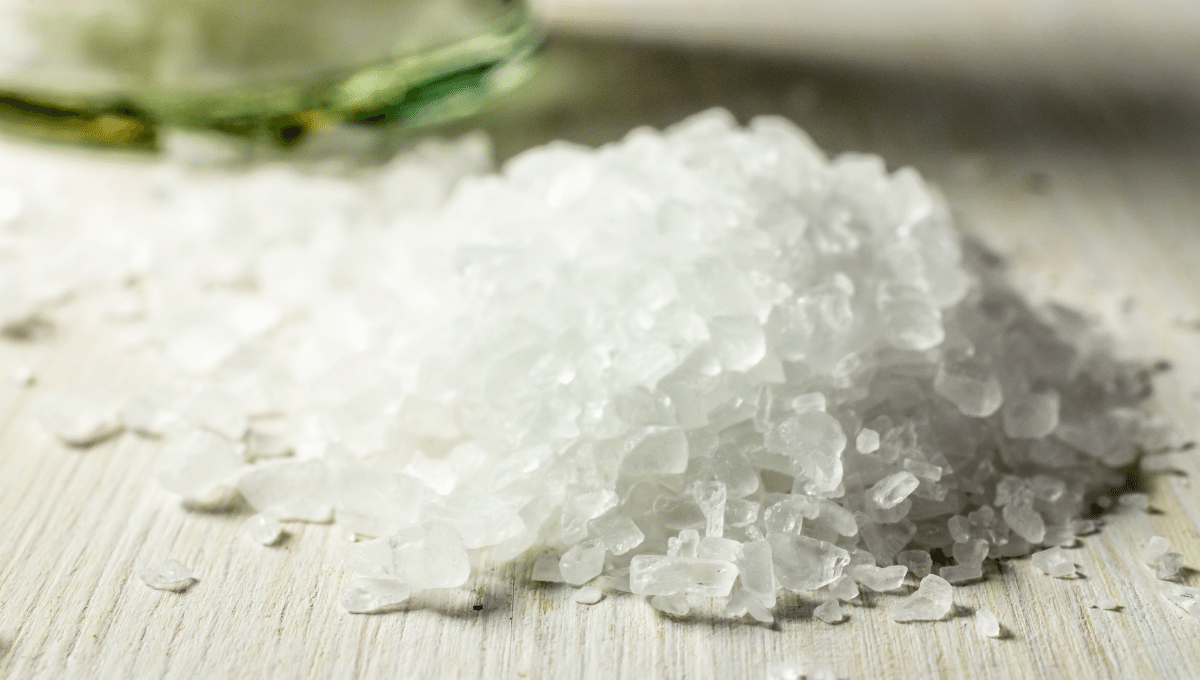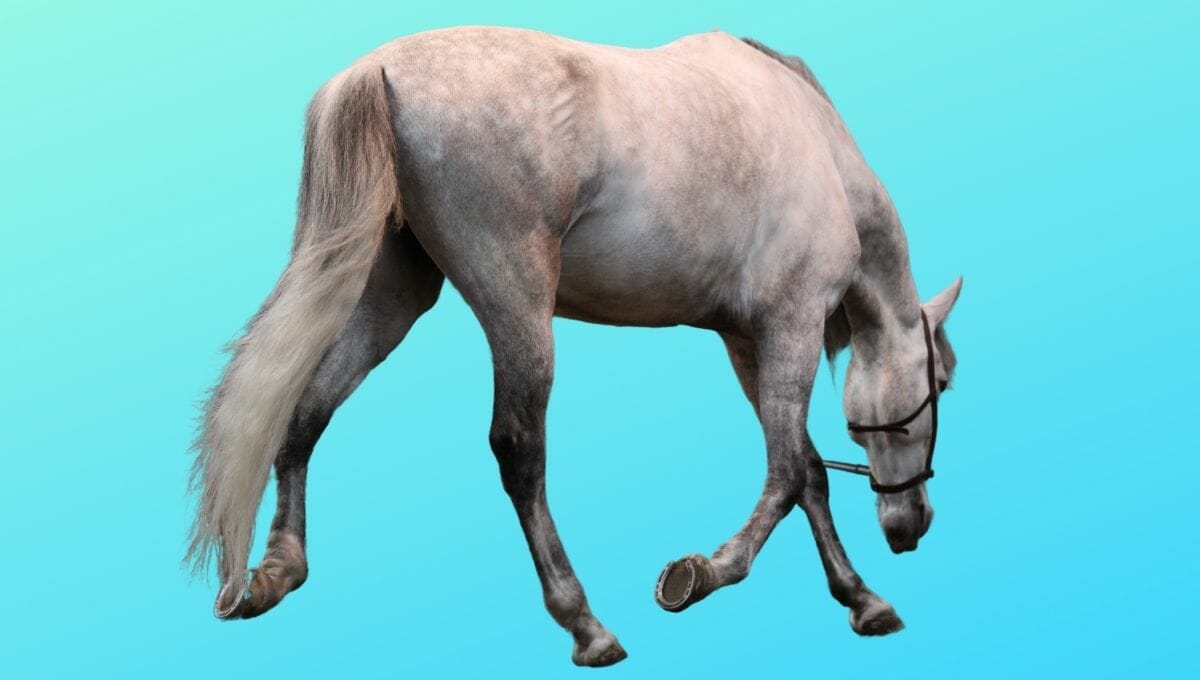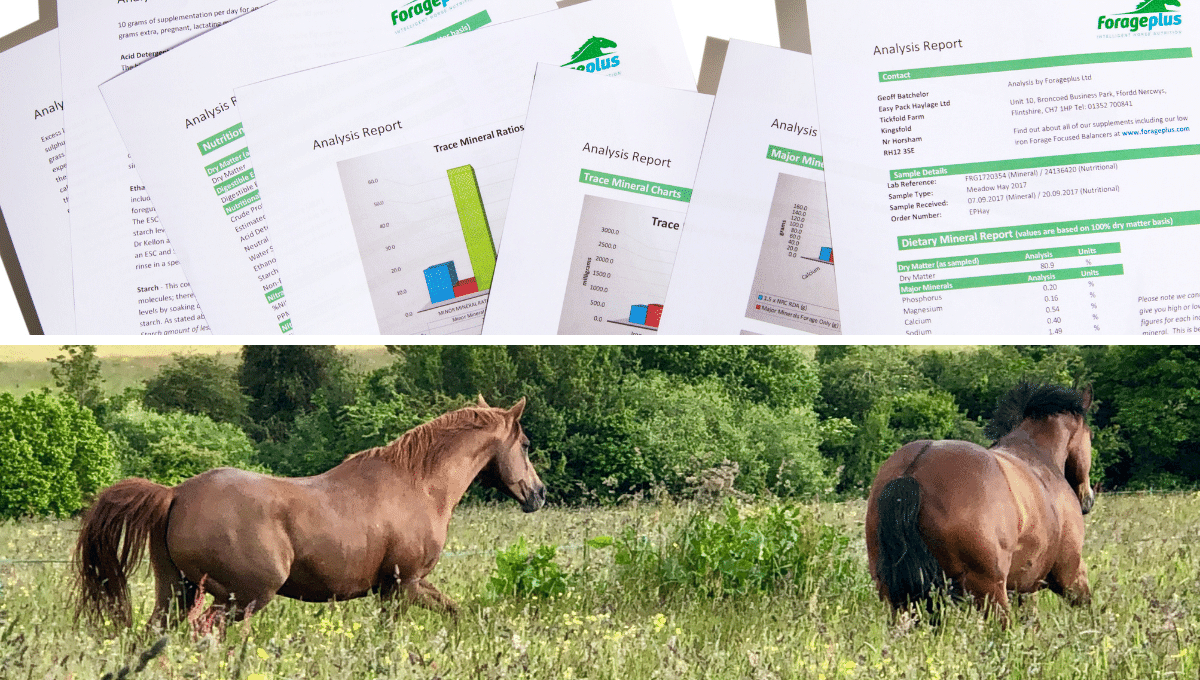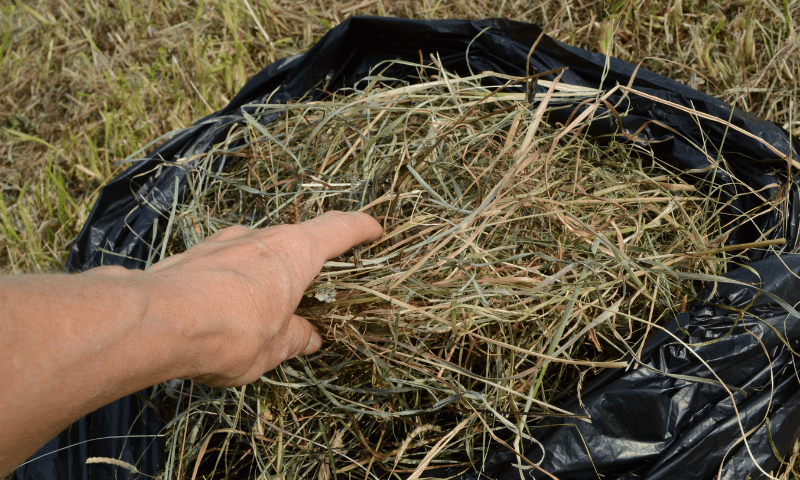Do you need salt in horse feed balancers and your horse’s daily diet? If salt is in horse feed balancers will it degrade the vitamins and minerals in the supplement? Forageplus answers your questions here.
Dr Lee Proctor is our Technical Consultant with a PhD in organic chemistry and a highly qualified pharmaceutical chemist. Here he discusses the statistics that show that horses should be supplemented with salt each day and the science and chemistry of the way salt is a beneficial additive in a horse feed supplement.
How often should you supplement your horse with salt?
The level of salt in Forageplus horse feed balancers is carefully calculated to make sure that sodium is supplemented at an average that is needed throughout the country as reflected by the detailed statistical analysis carried out on the hundreds of forage analysis reports we have on file.
Where sodium and chloride is concerned, it is not enough to just leave horses to self-select in the hope that they will know or get what they need. Many horses will not go near a salt lick even if they are deficient in sodium or chloride. A salt lick also takes many licks to get even a small amount of sodium or chloride. At Forageplus we do not believe that you should leave nutrition to chance so we have created our balancers to reflect what we know horses need daily as matched to the grass or hay they eat.
Salt in hard working horse diets
If you have a hard-working horse you may need even more in the horse diet so analysis of horse hay, horse haylage or horse grass is wise insurance to supplement levels that will not contribute to the depletion of either sodium or chloride through sweat losses.
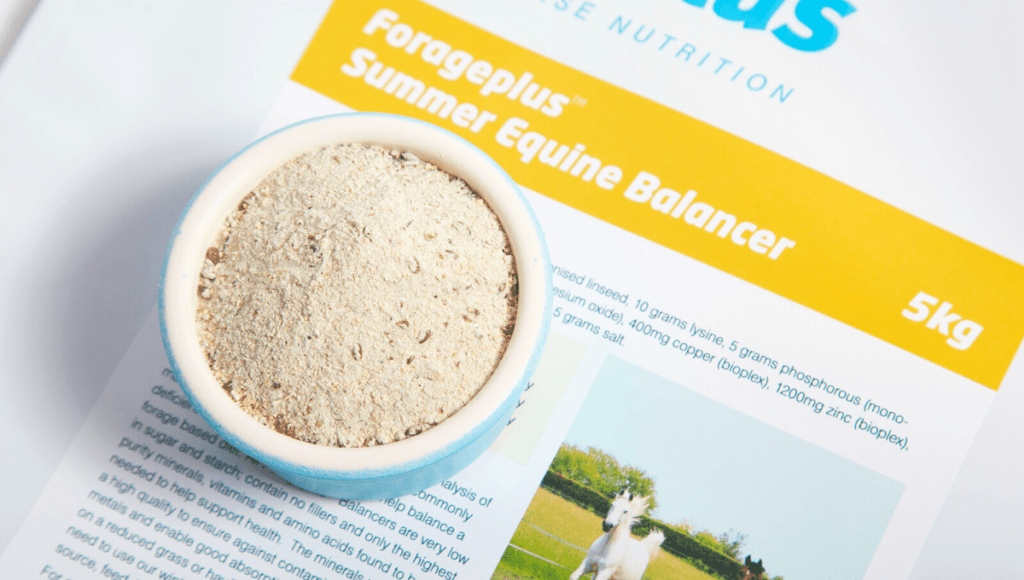
Will salt degrade the minerals in a horse feed balancer?
Every now and then we will have a customer enquire as to whether adding salt to our horse feed balancers will degrade the quality of our minerals. We can say with confidence that this claim would be false.
We had reached out to the research team over at Alltech, a company that makes some of the highest quality bioplex minerals available on the market, for their views on this claim.
I wouldn’t anticipate any impact as all things being equal (pH, ionic strength etc) the stability of the chelate will be much higher than that of common salts.
We wouldn’t expect the chelate to dissociate at anywhere near the rate of NaCl for instance so wouldn’t foresee issues with antagonism. They would have to be using very high (physiologically toxic essentially) levels of salt to create a sufficient ionic imbalance.
Additionally, the relative affinity of peptides for transition elements will be orders of magnitude higher than the affinity of Cl- for them so the displacement of mineral from the chelate wouldn’t be practically feasible.
Dr Richard Murphy, Lead Researcher at Alltech.
We believe that this misconception may have arisen from confusion with vitamin stability when salts are present, with chelate stability.
From Alltech’s own experience of trace minerals in premixes, oxidation-reduction reactions are the predominant cause of vitamin instability. The type of trace mineral will influence its reactivity; copper, iron and zinc being the most reactive and having the greatest potential for vitamin destruction.
The form that the trace mineral is presented in, however, has an even more significant role to play in influencing vitamin stability. This is why Forageplus uses bioplex minerals in our feeds, that are designed to mimic nature (presenting the mineral as it would normally be found in a leaf of grass etc.).
Salt in horse feed balancers aids preservation
As well as the nutritional reasons for adding salt into our balancers the addition of salt also aids preservation because salt is a desiccant, that is, it absorbs water and hence removes water from any food/supplement it is added to. In the absence of water, bacteria don’t multiply which is why salt acts as a natural preservative.
Salt works by drying the food/supplement making the environment too dry to support harmful mould or bacteria. Salt is therefore a very safe and natural anti-bacterial stabiliser. Horse feed balancers or products without added salt may have to have other synthetic preservatives added to prevent unwanted bacterial growth.
Under normal ambient conditions of temperature and pressure, sodium chloride (salt) will not chemically react with any of the other minerals, vitamins and organic material present in Forageplus horse feed balancers. In addition, all our balancers are packaged extremely carefully, using two 500 gauge HDPE human food grade bags to prevent moisture ingress.
We have a very quick stock turnover with our warehouse stock being turned over within 1 to 2 months and all our balancers are sold in five kilogram amounts to help shelf life, with an 18-month expiry.
Here at Forageplus, we suggest that people claiming that salt will degrade minerals and vitamins in horse feed have not looked carefully at the real science.

